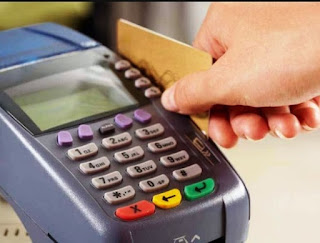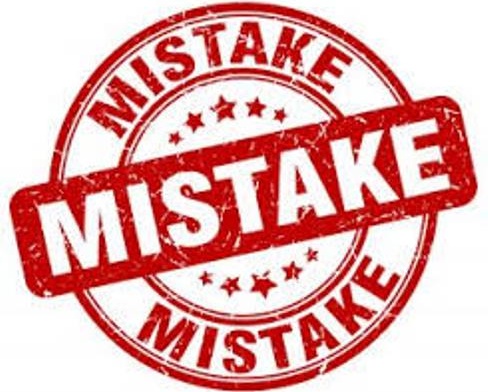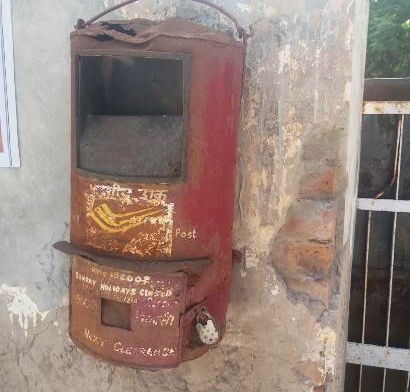Cash Based Economy to Cashless Economy in India
India – traditionally a cash based economy – recently announced the biggest and most ambitious move of demonetization by the Prime Minister, to crack down black money and move towards digitization and cashless economy.
With the announcement of demonetization in India, to control the black money, digitization without transparency and accountability will prove a fearful dream.
This is the only act of stripping a currency unit of its status as legal tender and necessary whenever there is a change of currency when the old unit of currency has to be replaced with new currency unit. In fact, it is a radical financial step to declare national currency status of legal tender to invalid one.
It is not the first time for demonetization of high-value currency. It first happened in 1946 when the RBI demonetized the then circulated of Rs.100 and Rs.10000 notes. Higher denomination bank notes in Rs.1000, 5000 and 10,000 were introduced in 1954, again demonetized by Morarji Desai government on 1978. Only the main difference then and now is that currency of high denomination was very rare in circulation, unlike now.
It is said that the world will go cashless and India too will move quite rapidly to a digital payments economy which is the game changer to help in reducing inflation. The demonetization is now acting as a catalyst towards Digital payments Ecosystem.
There are number of logics to control black money but the initiative taken by the Prime Minister Naredera Modi has been appreciated by one and all despite facing financial crisis and common man standing long queues of the banks to get a small amount for day to day use.
Prime Minister has claimed that demonetization will help in controlling the black money but he did not realize that demonetization is giving a space to big scams as double amount of cash of new currency note of Rs.2000 can now put in the same brief case.
Even the Bill Gates, the technology titan Gates believes digitization will be good for every sector—be it finance or healthcare. “If you want Rs 50 transaction to have less than 2% overhead, to be able to send money to relatives, get money when you sell crop etc., digital platforms will let us provide greater financial services than non-digital systems will let you do.
The political parties are using it as a tool for the coming elections in UP and Punjab instead of appreciating the initiative taken by the Prime Minister, though initiated but not implemented so daringly. There is nothing wrong in it. The legal tender notes are not being denied by the government but the only factor is that each currency note should come once in the bank to monitor the currency by introducing the cent percent digitization.
The other initiatives like Swachh Bharat, Save Girl-Educate Girl, Make in India are also the examples which too got a good response from the common man.
Since the demonetization directly affects the common man on day to day basis, it has been highlighted in the media but appreciated by one and all at all levels. It is not understood as to why the demonetization decision is being linked to Prime Minister only when the Governor Reserve Bank of India has played a vital role on the significant issue.
With the recovery of unaccounted old currency notes in abundance and replacement in connivance with the bank officials, there is a need to make more flexible policies to bring in circulation of the black money.
Frankly speaking, there is a great resentment among the public against the rich as the poor is the main sufferer due to demonetization. The philosopher is of the view that when the people suffer due to various problems for a long a time, it gives a power in them to show bitterness. N such a scenario, the government has to take care of the comforts of people. Secondly, the identification of a person keeping the black money is must.
First, make available the currency notes in the banks in plenty so that none has to stand in a queue.
Second, Aadhaar is not being as widely used as it will be in 10 years from now. If you want to identify people in a way that it is hard to lie (like to transfer digital payments), Aadhaar is the foundation for that.
Thirdly, the common man – labourer, rehriwala, small shopkeeper – are not the persons keeping the black money rather they are being irritated of those who are keeping unaccounted money especially from the media reports with the recovery of huge currency. Since the lion’s share of economy is big hands, the need is extend maximum relief at the ground level people by enhancing the tax limits and increasing the interest rates.
One thing is certain that without transparency and accountability, the need of digitization felt with the announcement of demonetization would be a dreadful dream to become true in real life, which has given vast power to leaders in the government.
The Modi government has started its journey against all those who are in favour and against his move to set right the whole system of debit-credit by each individual by introducing the digitization by ensuring the availability of 24×7 power and internet facility to change he cash based economy to cashless economy in India.






